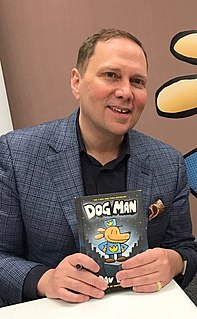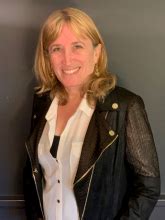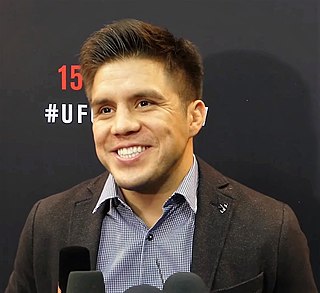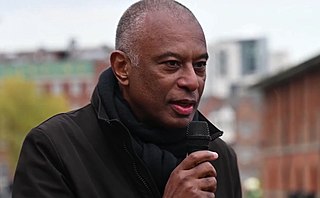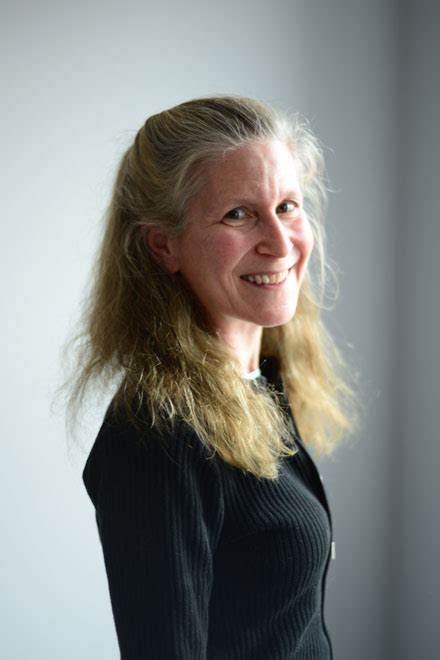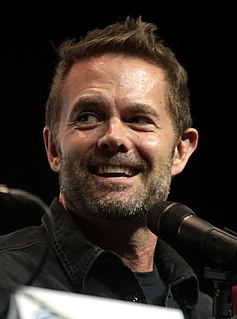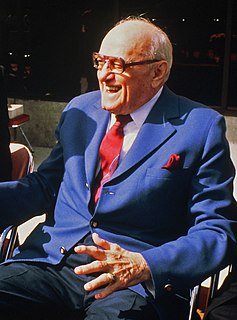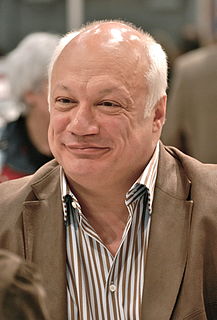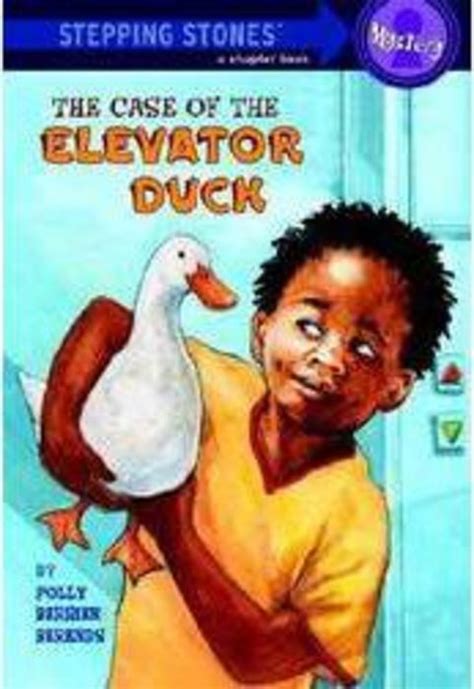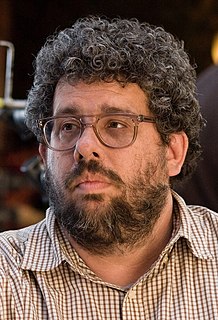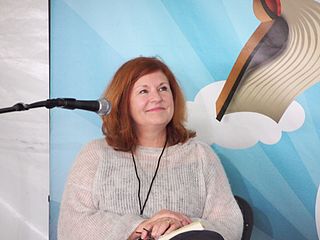Top 1200 Reading And Writing Quotes & Sayings - Page 18
Explore popular Reading And Writing quotes.
Last updated on December 19, 2024.
Sometimes when reading aloud to my husband, I'll start crying. It completely stuns me. As if the words in my body and on the page - in relation to each other - are cocooned against my own feelings about what I'm writing until they're loosed in the air and become their own. Then I realize what I may or may not have done.
From Finding the Center to Reading and Writing: A Personal Account, the story remains the same: in a journey unique to myself, I left my worthless home, with its small people, and I sailed against the tides of chance and history looking for a better place -- for the center -- where I suffered greatly and made myself into a great writer.
I've learned mainly by reading myself. So I don't think I have any original ideas. Certainly, I talk about reading Graham. I've read Phil Fisher. So I've gotten a lot of my ideas from reading. You can learn a lot from other people. In fact, I think if you learn basically from other people, you don't have to get too many new ideas on your own. You can just apply the best of what you see.
At last, the newspapers discovered the Bears. I kept writing articles about upcoming games, and by reading the papers, I learned editors like superlatives. I blush when I think how many times I wrote that the next game was going to be the most difficult of the season or how a new player was the fastest man in the West.
The process of writing fiction is totally unconscious. It comes from what you are learning, as you live, from within. For me, all writing is a process of discovery. We are looking for the meaning of life. No matter where you are, there are conflicts and dramas everywhere. It is the process of what it means to be a human being; how you react and are reacted upon, these inward and outer pressures. If you are writing with a direct cause in mind, you are writing propaganda. It's fatal for a fiction writer.
What drove me to do 'Dead Wake' was that after doing the most preliminary of reading and scoping out what kinds of materials might be available in archives and so forth, I realized that this book - the research, the writing - would present me with a rare opportunity to explore to a full extent the potential for suspense in a nonfiction work.
An acquaintanceship with the literature of the world may be won by any person who will devote half an hour a day to the careful reading of the best books. The habit of reading good books is one that gives great comfort in all the stages and among all the vicissitudes of life. The man who has learned to love good reading is never alone. His friends are the great ones of human history, and to them he may always go for stimulating and helpful communion. -GQ 71
Awareness of having better things to do with their lives is the secret to immunizing our children against false values--whether presented on television or in "real life." The child who finds fulfillment in music or reading or cooking or swimming or writing or drawing is not as easily convinced that he needs recognition or power or some "high" to feel worthwhile.
I love being in the archives, traveling, sitting in dusty places and looking at books with brittle pages. I love reading biographies and researching, to make myself informed about whatever political or historical time I'm writing about. From there, a lot of the emotional truths about my characters emerge.
While I was writing poems, I would often divert myself by reading detective novels, I liked them. And there was a period when I read many of them. I absorbed the form, and I liked it, it was a good one, mostly the hard-boiled school, you know, Chandler, Hammett, and their heirs. That was the direction that interested me most.
I was always looking for the most dramatic emphasis. One example would be the letter writing, or the reading of the letters. If you remember from the book, they find the letters and then in the most undramatic way they take them downstairs, they get approval, they sit at a table during the day with their own author, across from each other.
My dad and mom divorced when I was around ten, and I didn't live with him after that, though he was close by and we saw each other weekly. I wasn't really aware that he was a writer; I didn't start reading his writing until I was about fifteen. It occurred to me then that my dad was kind of special; he's still one of my favorite writers.
Reading and writing music is a wonderful way of getting ideas in your head down to someone else who reads and writes, but if you don't read and write, and the other musician you're playing with are trying to express something who doesn't read and write, than it's a question of "I wrote" so that you must learn from listening and from understanding where that's coming from.

